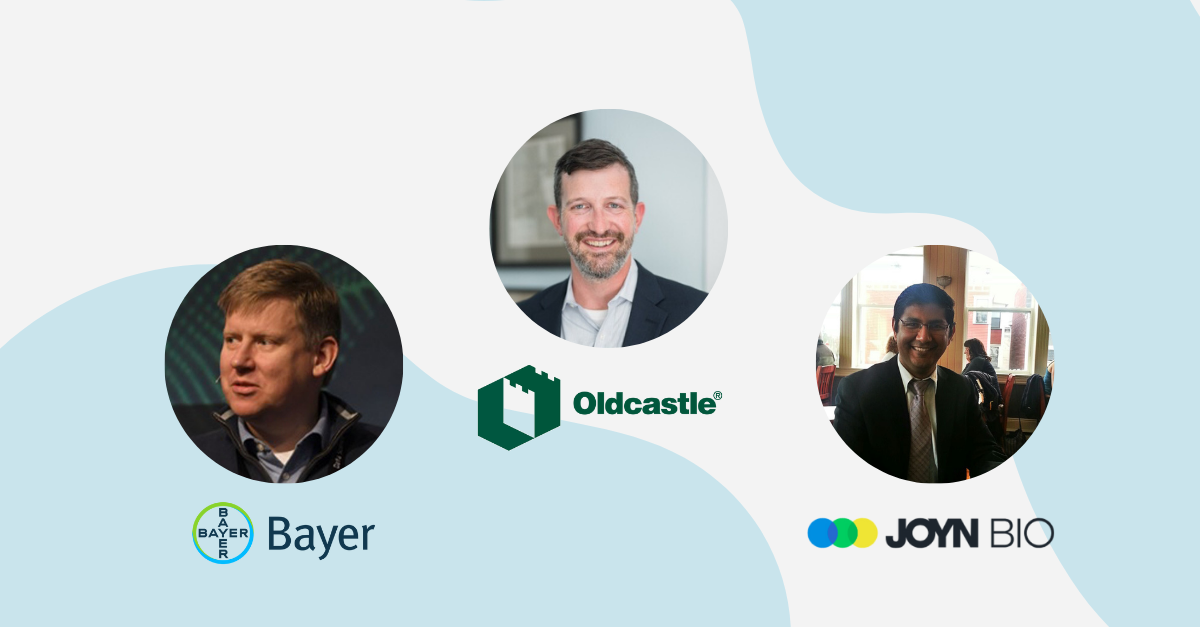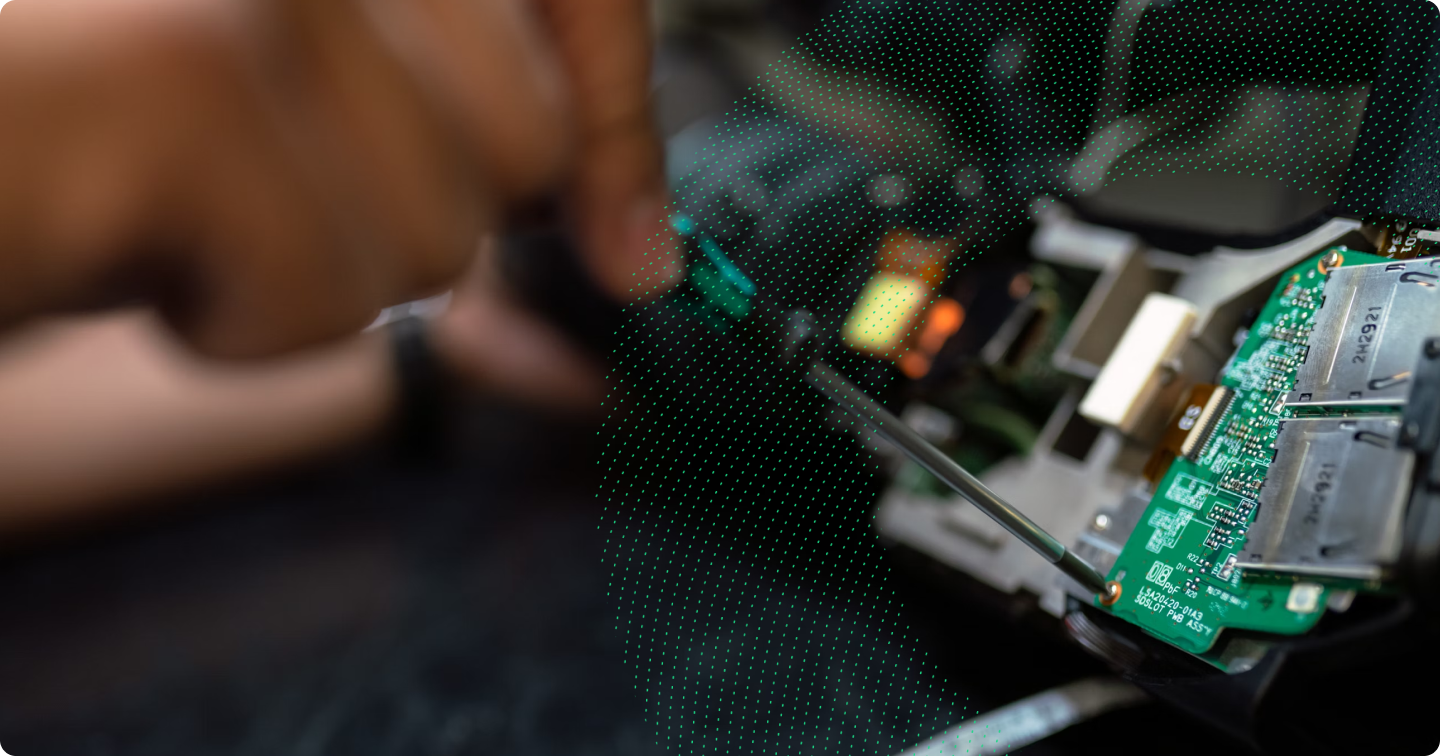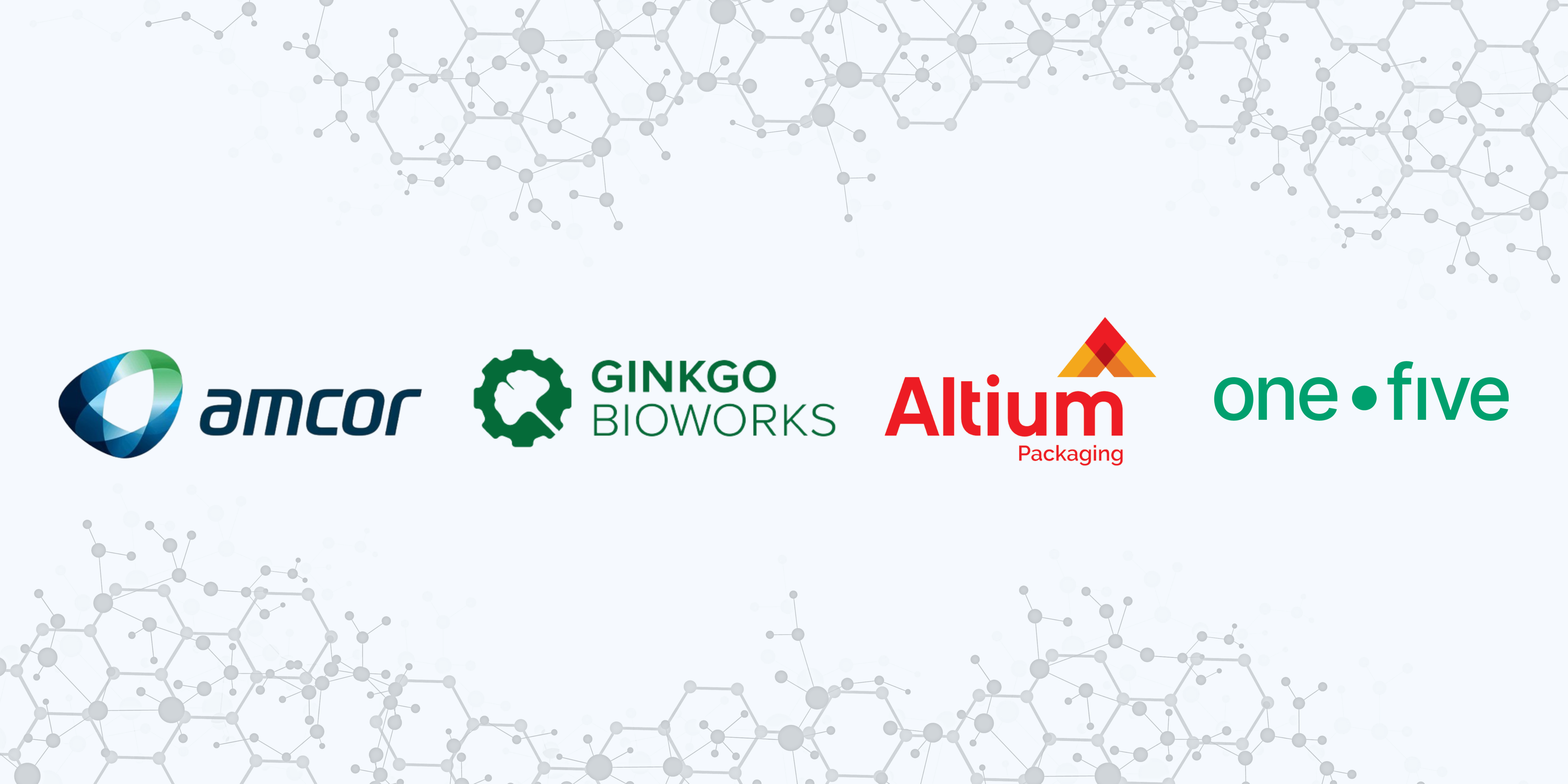Companies invest more than $2 trillion in R&D annually to stay ahead of competition, identify new products, and find new sources of revenue.
These R&D efforts are fundamental to solving some of the world’s most challenging problems like combating climate change and curing diseases.
Today, 80% of companies that invest in R&D partner with outside innovators. However, the traditional R&D partnering approach at many companies is reactive, fragmented and inefficient, costing companies time and money. We hear recurring pain points among R&D leaders:
- Companies lack a systematic way to discover researchers and technologies outside of their geography, industry and existing relationships.
- Business units innovate in silos, limiting cross-pollination across divisions.
- Project teams manage relationships via clunky email chains and attachments, oftentimes without a single system of record.
What is Halo?
Founded in 2020, Halo is an AI-powered partnering platform that helps research and innovation teams find solutions, build partnerships and bring new innovations to market faster.
Halo supercharges the R&D efforts of leading enterprises across agriculture, life sciences and CPG, including Bayer, Takeda and PepsiCo.
What was your R&D partnering experience with Halo?
We asked three current customers one simple question: “How much money and how much time would it have cost you to accomplish what you have done with Halo if you didn’t have Halo?“
Read on to learn how Halo generated concrete business value by matching these companies with scientific experts across the globe in a single system-of-record platform.
Oldcastle Infrastructure

Part of CRH (LSE: CRH, ISE: CRG, NYSE: CRH), a Fortune 500 company with $31B in revenue in 2021, Oldcastle Infrastructure is responsible for many of the engineering solutions—communications, transportation, energy, buildings, and water—that surround us every day.
Oldcastle’s stormwater products are widely used, including by Quantico National Cemetery, Los Angeles International Airport, and The Atlanta Braves’ and San Francisco 49ers’ stadiums. But the company needed to engage scientists to continue innovating its product development in stormwater management, a global issue with a market size of over $13 billion.
In two months, Halo connected Oldcastle with sixty interested researchers. Oldcastle has since launched collaborations with Duke University, the University of Minnesota and the University of South Florida.
“I think it would have been impossible [to accomplish what we did without Halo]. We had one researcher in mind. I’m sure we could come up with a couple others that we could have approached on a one-off basis. But I don’t think there’s any amount of money we could have spent or time we could have spent that would’ve let us reach not only the 60 scientists who submitted proposals but also the quite a few more who saw it. I don’t have any idea how else we could have reached that audience.” – Mark Sweeney, Product Manager at Oldcastle Infrastructure
Bayer Crop Science

Bayer, one of the world’s leading innovators in crop science and pest control, believes the world needs more innovation in agriculture. To support this mission, its Crop Science division devotes more than $2B towards its R&D budget each year. A significant proportion of that goes towards exploring new ideas and collaborations through R&D partnering.
In 2022, Bayer Crop Science introduced an ambitious new program, Testing4Ag, an initiative that built upon several years of success with Halo.
Bayer received 120 proposals from 85+ institutions in 27 countries. (78% were from outside the US.) In the first week following the proposal deadline, Bayer countersigned 36 MTAs from 36 institutions in 15 countries
“36 MTAs in a week is for us probably a world record. For the initiation of the MTA on a compound, you’re talking a minimum of three to six months. But you can’t do 30 of them or 100 of them that way in parallel—absolutely no way. The scale of what we were able to accomplish is orders of magnitude faster than we could have done it any other way.” – Phil Taylor, Director of Open Innovation & Outreach at Bayer Crop Science
Joyn Bio

Joyn Bio was founded in 2017 to bring synthetic biology to the challenges facing sustainability in agriculture, starting with engineered microbes that can provide plants with biological nitrogen fertilizer, decreasing the environmental impact of agriculture.
Unlike Bayer, which has over one hundred thousand employees and thousands of R&D scientists around the globe, Joyn Bio has a small team of experts based in Boston.
Joyn Bio engaged the scientific community on Halo seeking plant-associated microbes for crop care. The company received proposals from over fifty institutions, including 40 universities and 10 government labs, surfacing licensing candidates from diverse partners.
“It would be impossible [to generate the results we did without Halo]. Looking at the depth of applications that have come in, there is no way I could find these researchers myself. I could post on LinkedIn 100 times and it would not get me anywhere close.” – Jay Shah, Technical Alliance Manager at Joyn Bio
Scientists in Industry and Academia Drive Impact with R&D Partnering
There is no shortage of innovations coming out of the world’s university labs and startups. Yet, our planet still faces challenges of epic proportions.
To bring innovations out of the lab and into the world requires united and proactive R&D partnering between academia, startups and industry.
Read on to learn how Halo replaced siloed initiatives and unwieldy email chains with an operating system for R&D, ensuring that corporate leaders, startup teams, university administrators and academic scientists alike can focus on innovation, not paper-pushing.








